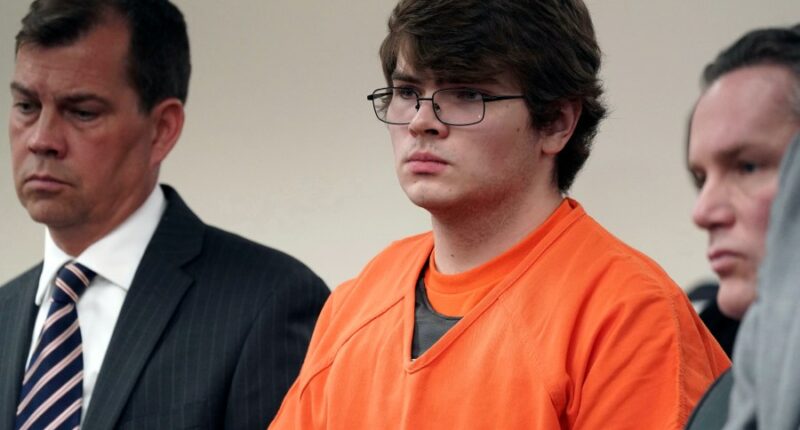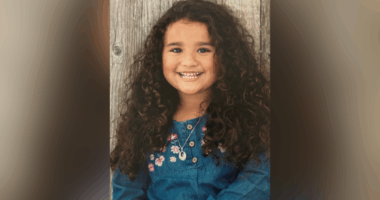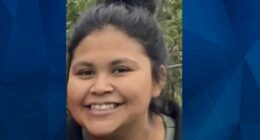Share this @internewscast.com

BUFFALO, N.Y. (AP) — Lawyers representing the white supremacist shooter, responsible for the deaths of 10 Black individuals at a Buffalo supermarket, told a judge on Thursday that the federal charges should be dismissed. They argued that the grand jury, which indicted him, lacked sufficient representation from Black and other minority groups.
Payton Gendron was absent during the proceedings where his lawyers claimed that his constitutional rights were breached, arguing the grand jury did not reflect a diverse community cross section.
At the commencement of the hearing, U.S. District Judge Lawrence Vilardo pointed out the irony in objecting to the predominance of white jurors in a hate crime case but did not immediately decide on the motion.
Gendron could potentially receive a death sentence if found guilty of the 2022 mass shooting at a Tops supermarket, chosen due to its predominantly Black neighborhood. Victims’ ages ranged from 32 to 86, and three others were injured.
Having pled guilty to multiple state charges, including murder, in November 2022, Gendron is already serving a life sentence without parole.
The trial for the ongoing federal hate crime and weapons charges is anticipated to start next year. The Justice Department has indicated it will pursue the death penalty if Gendron is convicted.
Attorney John Elmore, who represents some of the victims’ relatives in lawsuits, said Gendron’s lawyers are doing what they can to keep him alive. He said challenges to the makeup of juries rarely succeed, even though he regularly sees juries lacking minorities.
“It is very ironic that attention to this problem is being brought out in this case, where Payton Gendron committed a racially motivated homicide,” he said by phone after the hearing. “But this has been a persistent problem in our courts that needs to be addressed.”
Gendron’s lawyers argued in a court filing that Black and Hispanic people and men are “systemically and significantly underrepresented” in the lists from which jurors are selected in the Buffalo area.
“To illustrate this point, the grand jury that indicted Payton Gendron was drawn from a pool from which approximately one third of the Black persons expected and one third of the Hispanic/Latino persons expected,” Gendron’s lawyers wrote. Exacerbating the problem, they said, was that the data sources used by a vendor to pull the lists together weren’t preserved.
“We don’t know what the vendor did,” Assistant Public Defender Sonya Zoghlin said. “More importantly, the vendor doesn’t know what he did.”
Statistically, the addition of two more Black people on the 60-person grand jury panel would have balanced the panel, Vilardo said.
“Can’t that be the result of an accident,” the judge asked, rather than systemic exclusion?
In opposing the motion, Assistant U.S. Attorney Caitlin Higgins said that at worst, the issue constitutes a “technical violation,” not grounds to dismiss the indictment.
The federal law governing jury selection “doesn’t entitle the defendant to a perfect representation,” she said.
Zoghlin said the issue was larger than the panel that ultimately heard Gendron’s case and included the exclusion of certain groups from the selection process, including inactive voters.
In a written filing, the U.S. Attorney’s office said Gendron didn’t prove a systematic underrepresentation that was caused by the district’s jury plan. Any disparities in the racial makeup were within accepted guidance, they wrote, and not caused by the selection process, which draws from voter, driver, tax, disability and unemployment rolls.
Higgins said courts have routinely rejected similar challenges: Vilardo said he was unaware that any such motions had been granted in cases with similar disparities in New York state’s federal courts.
Gendron’s attorneys, in an earlier filing, argued that Gendron should be exempt from the death penalty because he was 18 years old at the time of the shooting, an age when the brain is still developing. That motion is pending.














